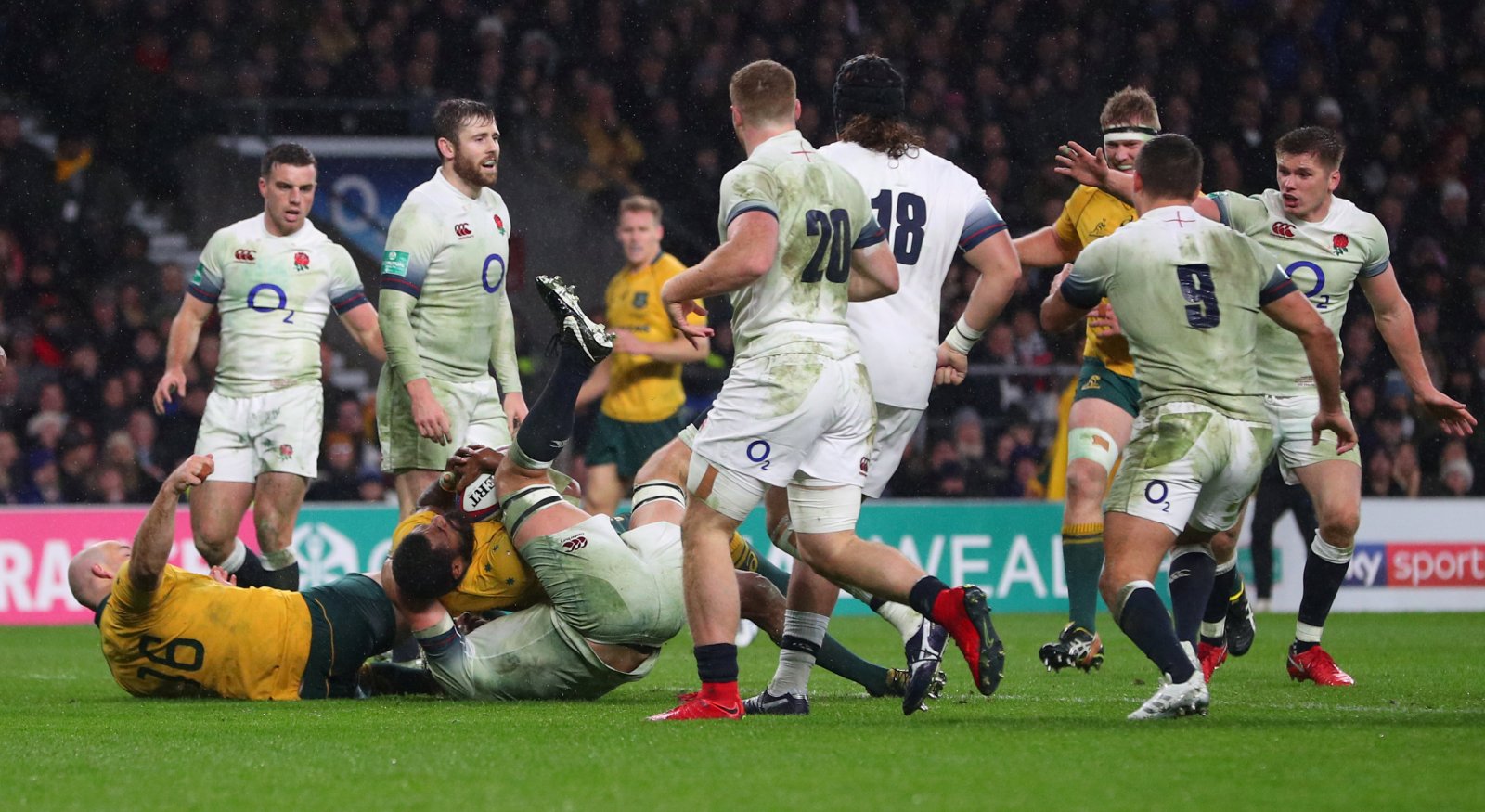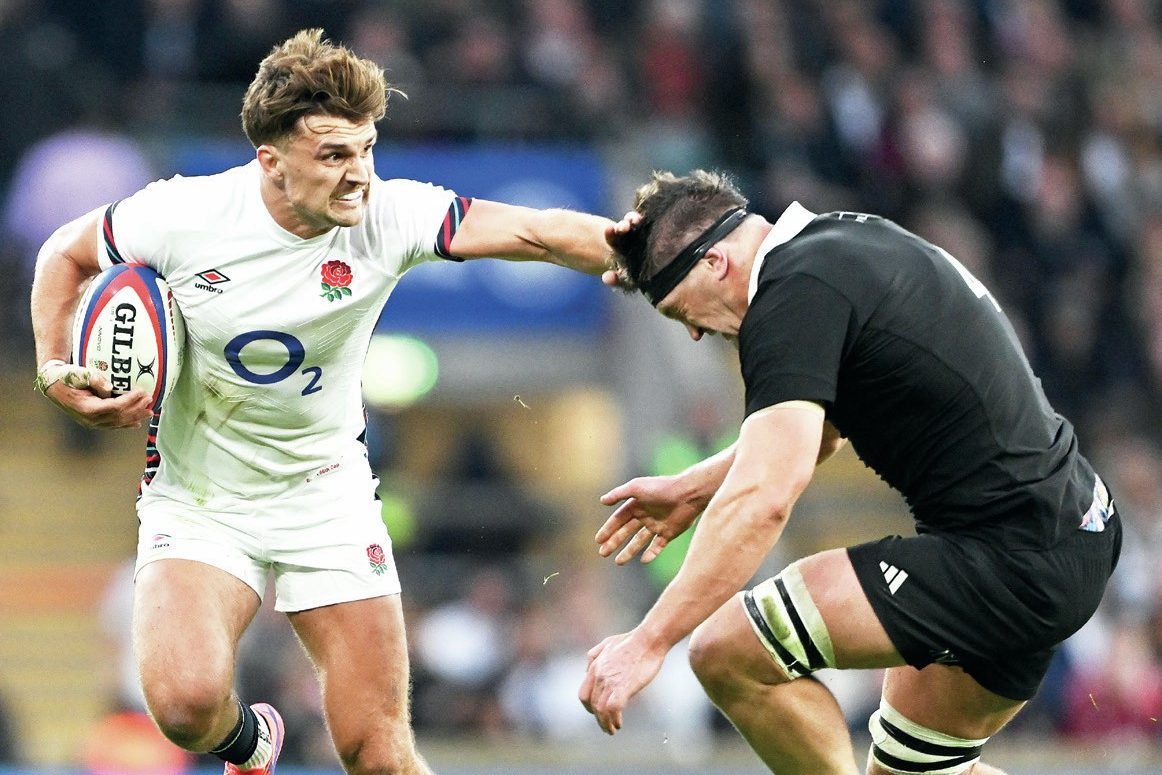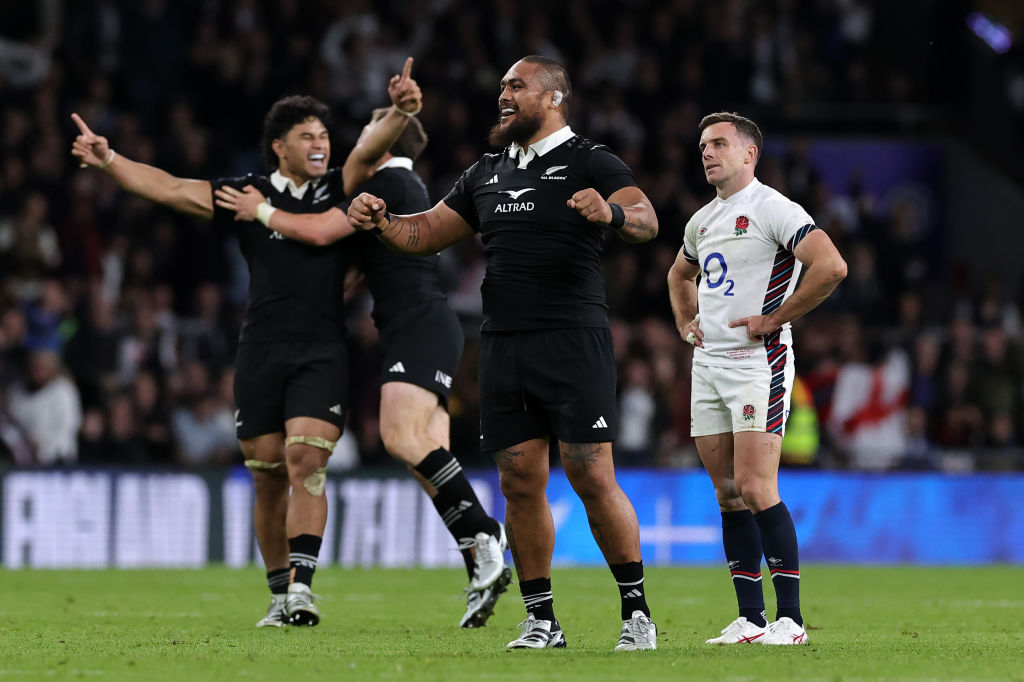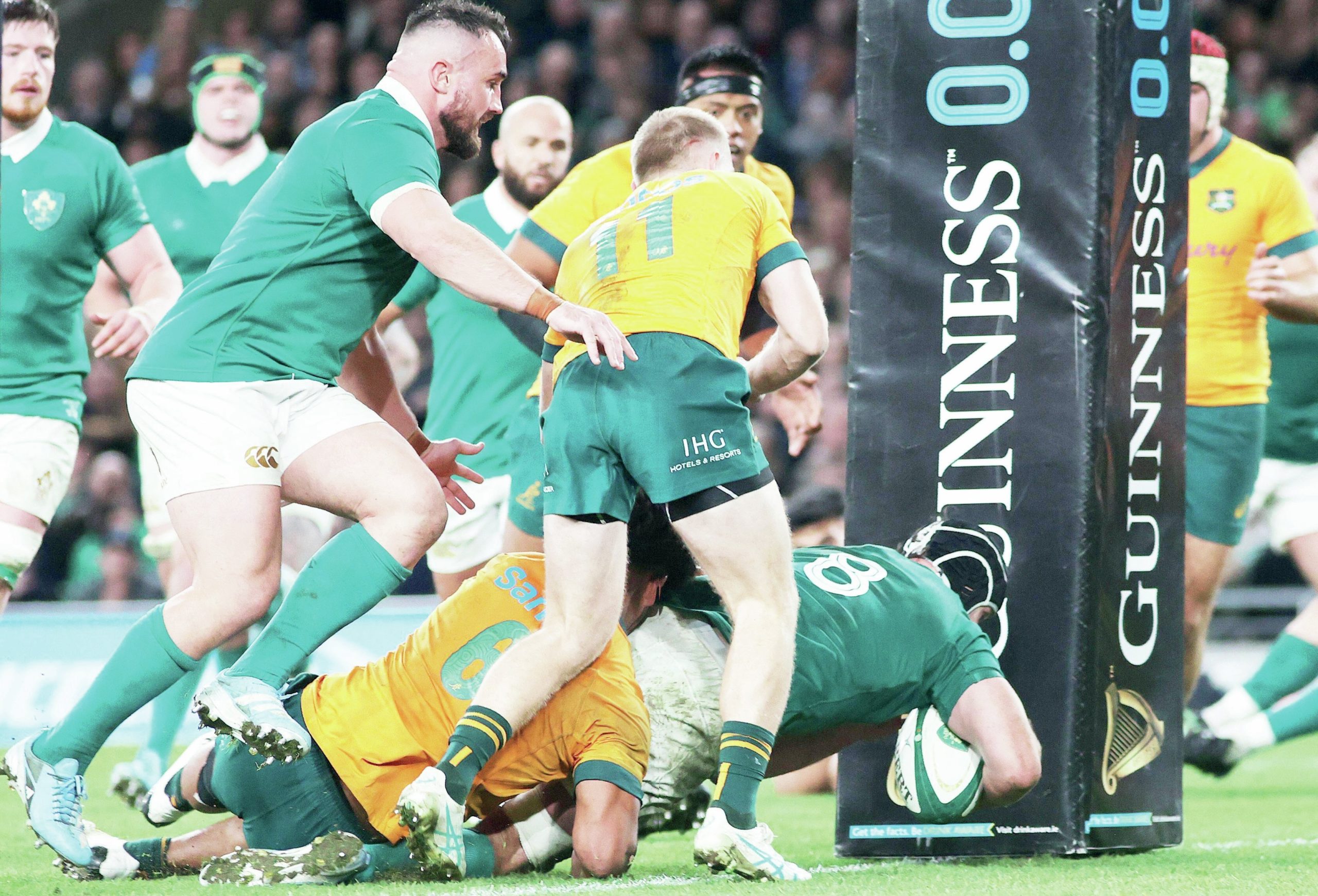
By Nick Cain
Dissent is an evil genie that was always going to escape from the bottle when Rugby Union referees began to engage players in non-stop prattle.
It started with the idea that refs should communicate with players in a virtual coaching role, with constant commentary advising them when they were encroaching offside or off their feet. Who could forget Tony Spreadbury’s cries of, “He knows! He knows!” as he penalised players with their heads so deeply buried in the ruck burrowing for the ball that they had not heard his shrill warnings.
With high profile whistlers like Nigel Owens and Wayne Barnes following in Spreadbury’s footsteps the frequency and volume of chatter on the field increased rapidly, with assistant referees also getting in on the act. Not only that, but match officials suddenly became best mates with the majority of captains of international teams, and often club teams.
When talking to the All Blacks, in particular, referees stop using the term “captain” and replaced it instead with first names familiarity, such as, “Richie, can you tell your flanker to stay bound”, or, “Kieran, would you like a scrum or line-out?”.
The protocol in the amateur era used to be that the captain – and only the captain – could ask to talk to the referee. However, it was limited to clarification on a decision, and sometimes it was granted, and sometimes refused.
Since then that lofty authority has been totally eroded, much of that is due to the dialogue started by referees backfiring badly as players have responded by appealing whenever a decision is made. The trickle of decisions being questioned has become a raging torrent, with players constantly haranguing referees. This involves blatantly trying to get opponents penalised and, increasingly, sin-binned or sent off.
Most matches now come complete with a soundtrack which sounds like a pub quiz which has gone from rowdy to rebellious.
In last season’s Six Nations match when England were baffled by Italy’s refusal to commit bodies to the ruck there was a belated moment of sanity. It came when the referee, Romain Poite, turned to his England interrogators, James Haskell and Dylan Hartley, saying: “I’m a referee, not a coach.”
Unfortunately, with most of Poite’s colleagues heading in the other direction for the previous 15 years, the changed protocols between referees and players mean that the exchanges between them this autumn veered from the bizarre to the intimidating.
The bizarre bit happened during a break in play between the All Blacks and the Barbarians when the New Zealand captain, Kieran Read, came on as a water-carrier and got into a conversation with referee Owens. The main talking point was Owens asking Read about his end of tour holiday plans, as in, “going anywhere nice?”.
The more intimidating element came when a pumped-up Owen Farrell yelled, “it’s clear as day, mate!”, at referee Ben O’Keefe as he deliberated over whether Australia wing Marika
Koroibete’s touchdown against England should be disallowed because of the obstruction by Stephen Moore.
The introduction of the TMO means that intimidatory appeals to the referee have intensified, with the pauses to consider camera angles becoming an opportunity for players to lobby loudly for the outcome they want.
One of the problems with rugby’s limited application of available technology, with spin-offs of systems like cricket’s Hawkeye and Hot-Spot not utilised on touchlines, try-lines or dead-ball lines, is that the TMO frequently provides no more clarity than the eyesight of the referee and his assistants.
The scrutiny of Elliot Daly’s try against Australia was a case in point, with the match delayed for several minutes while the TMO peruised non-definitive footage. The fog might have cleared if a cricket style infra-red system could have relayed instantly if the ball had clipped the touchline.
On the subject of precision, another area where match officials are courting serious future problems is the line-out. The permissive attitude towards not-straight throwing is killing the line-out as a contest by virtually guaranteeing possession to the throwing side.
At the moment there is an epidemic of hookers taking a half step towards their own jumpers and lifters, and throwing the ball on a trajectory which is virtually down their own line rather than down the middle of the gap. This makes opposition attempts at a steal very difficult, and is a mirror image of the same attitude towards crooked feeds that has come close to destroying the scrum as a contest.
World Rugby should introduce an urgent initiative to help professional referees to cram the evil genie back in its bottle, whether it takes the form of dissent, the fog surrounding the TMO, or line-out no contests. They can afford to waste no time if they want to avoid the authority of referees being chronically compromised.


British and Irish Lions
Henry Pollock’s rise to stardom continues with 2025 British and Irish Lions selection

British and Irish Lions
Maro Itoje named British and Irish Lions captain for tour of Australia





















You must be logged in to post a comment Login